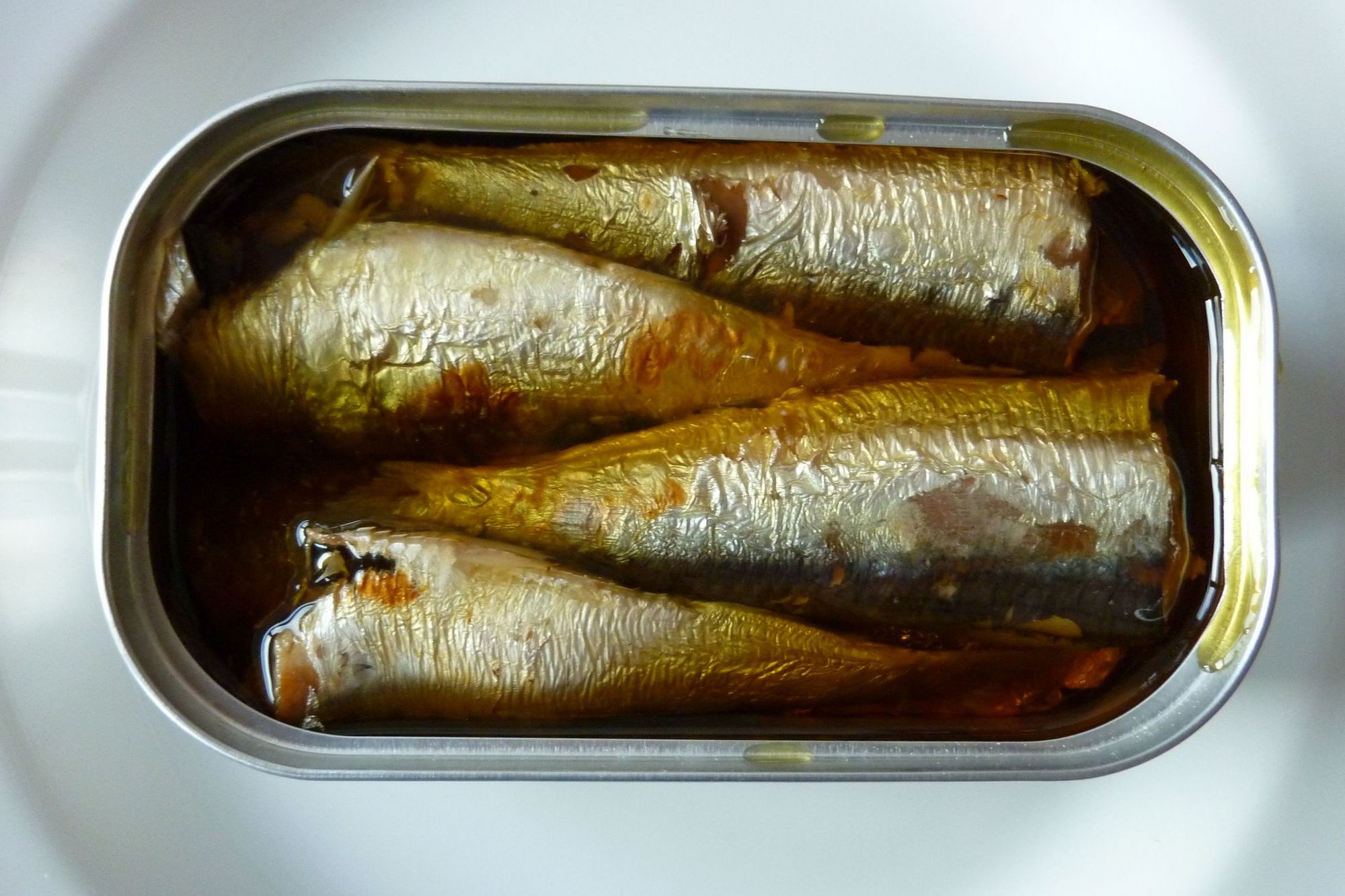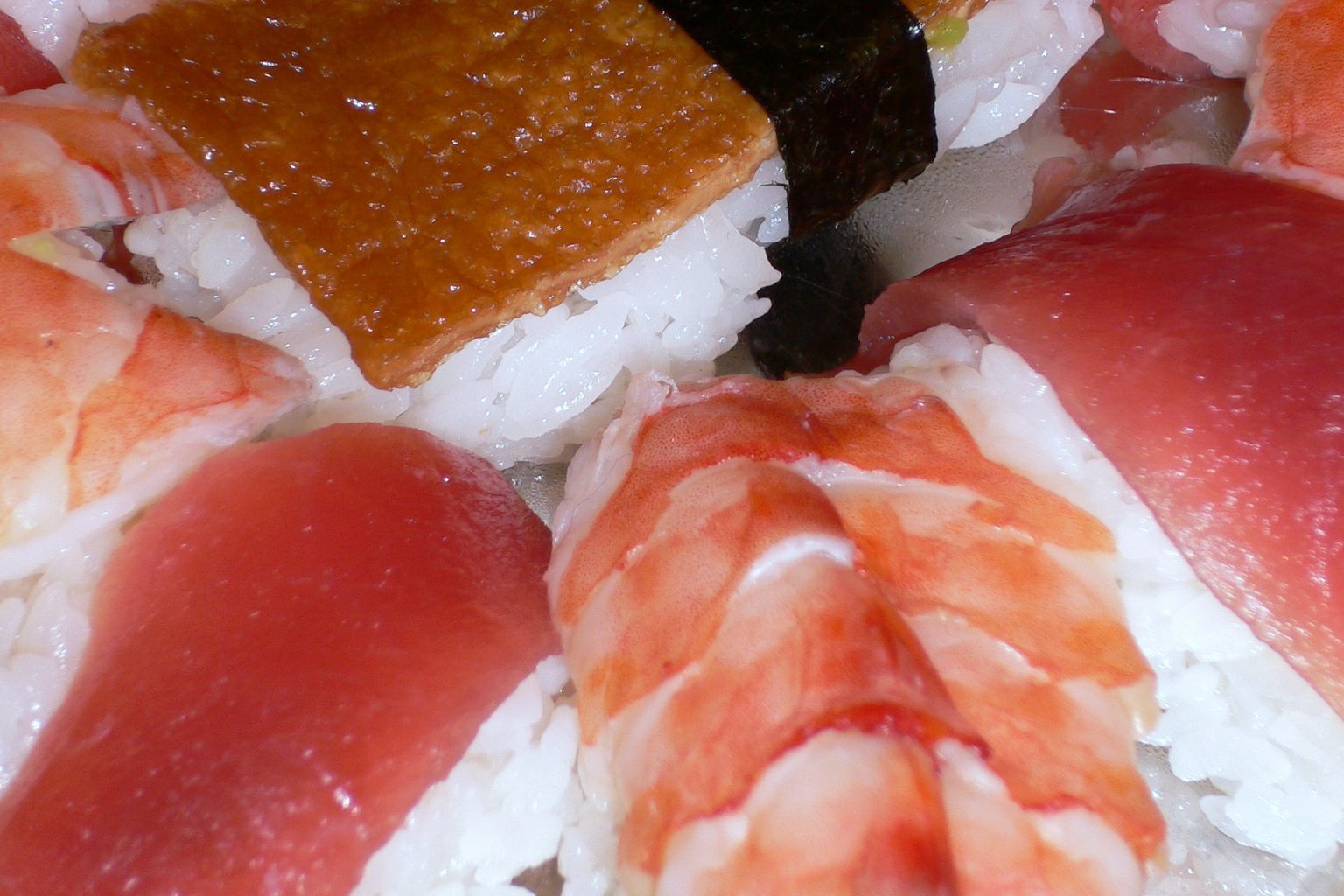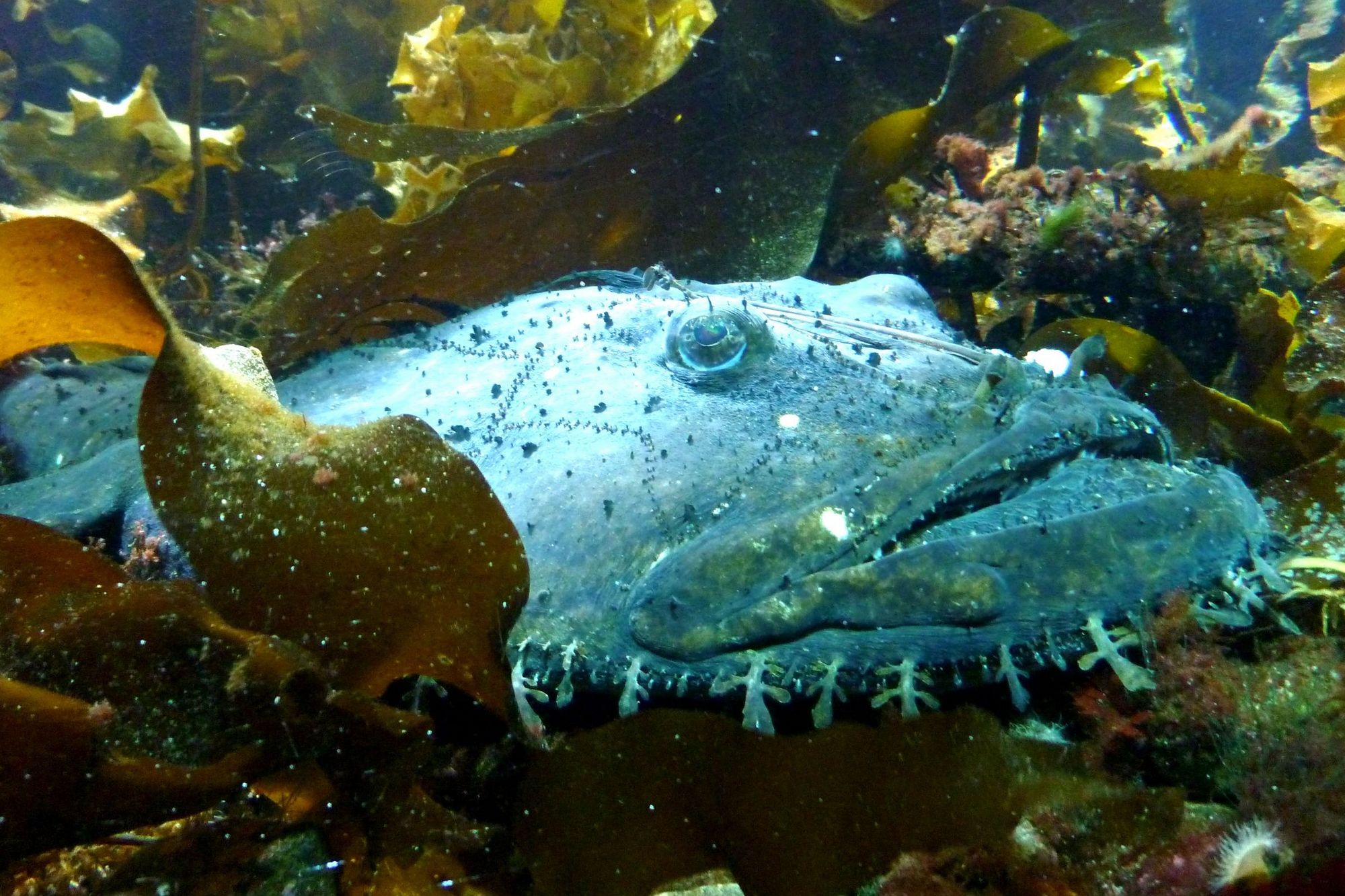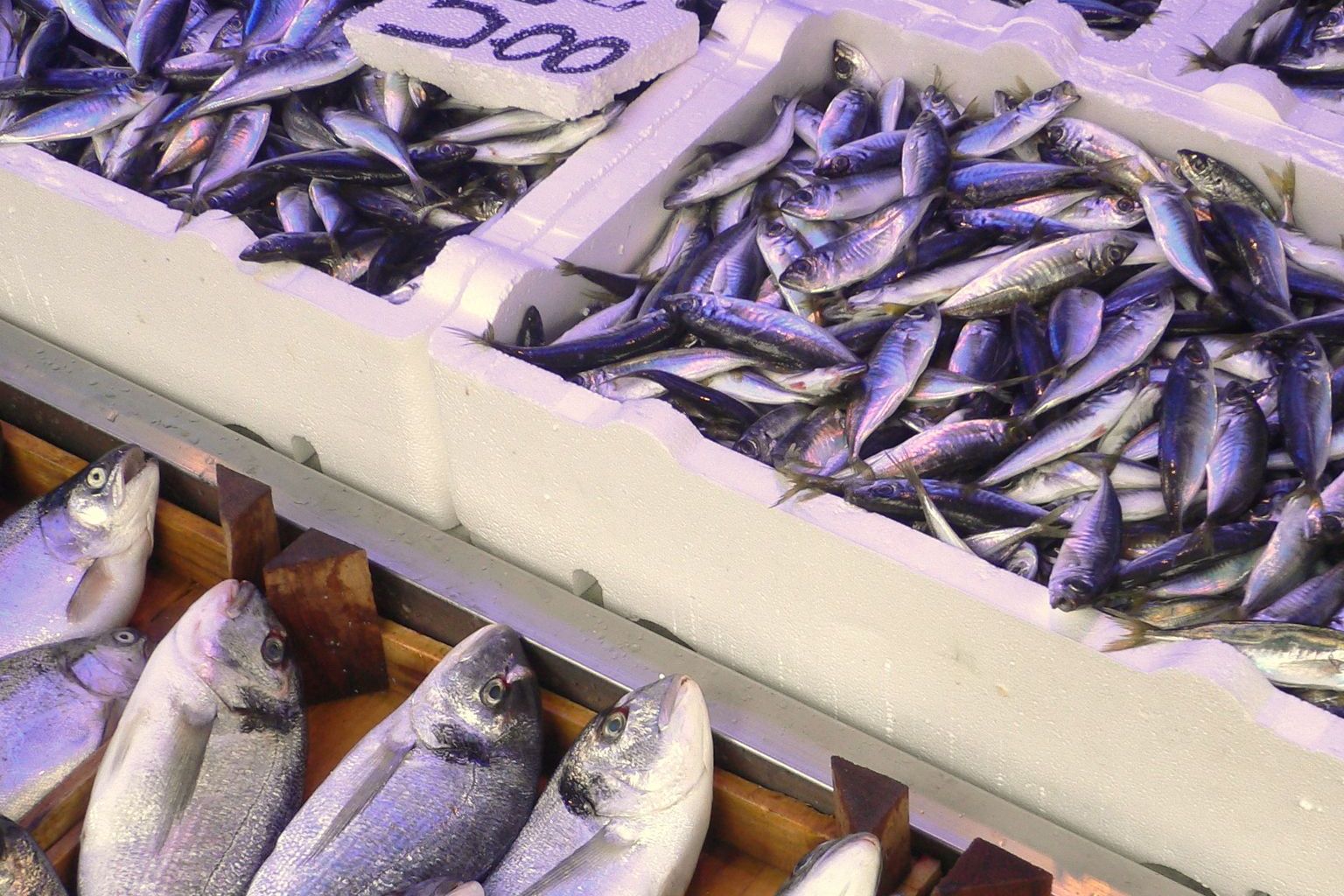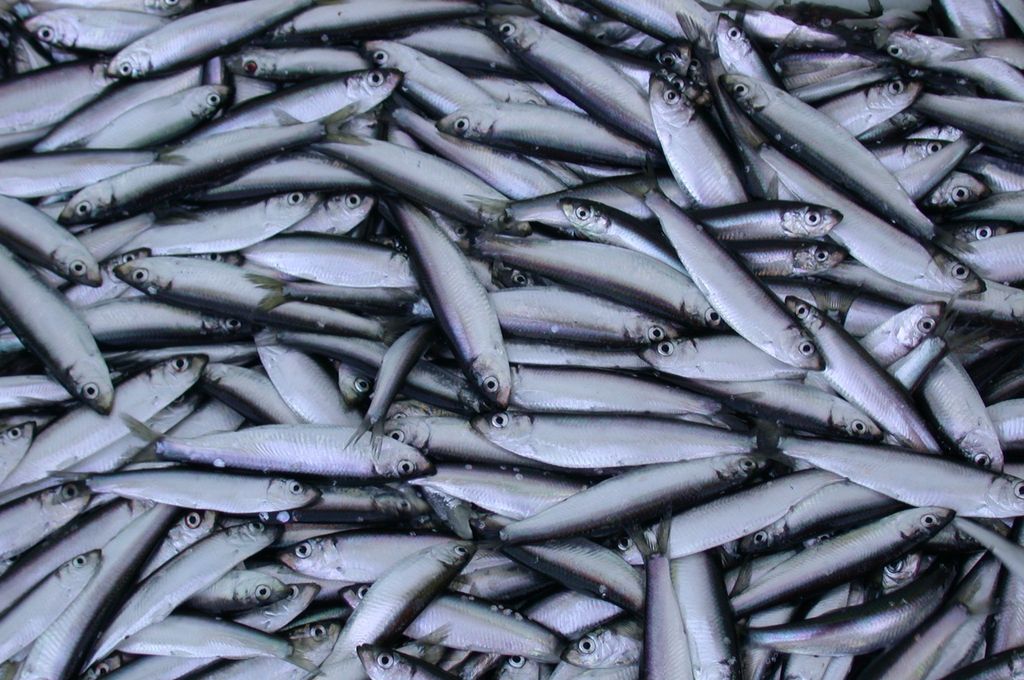Project
Fish stocks online (Fischbestände Online): Sustainable fish purchasing - but how?
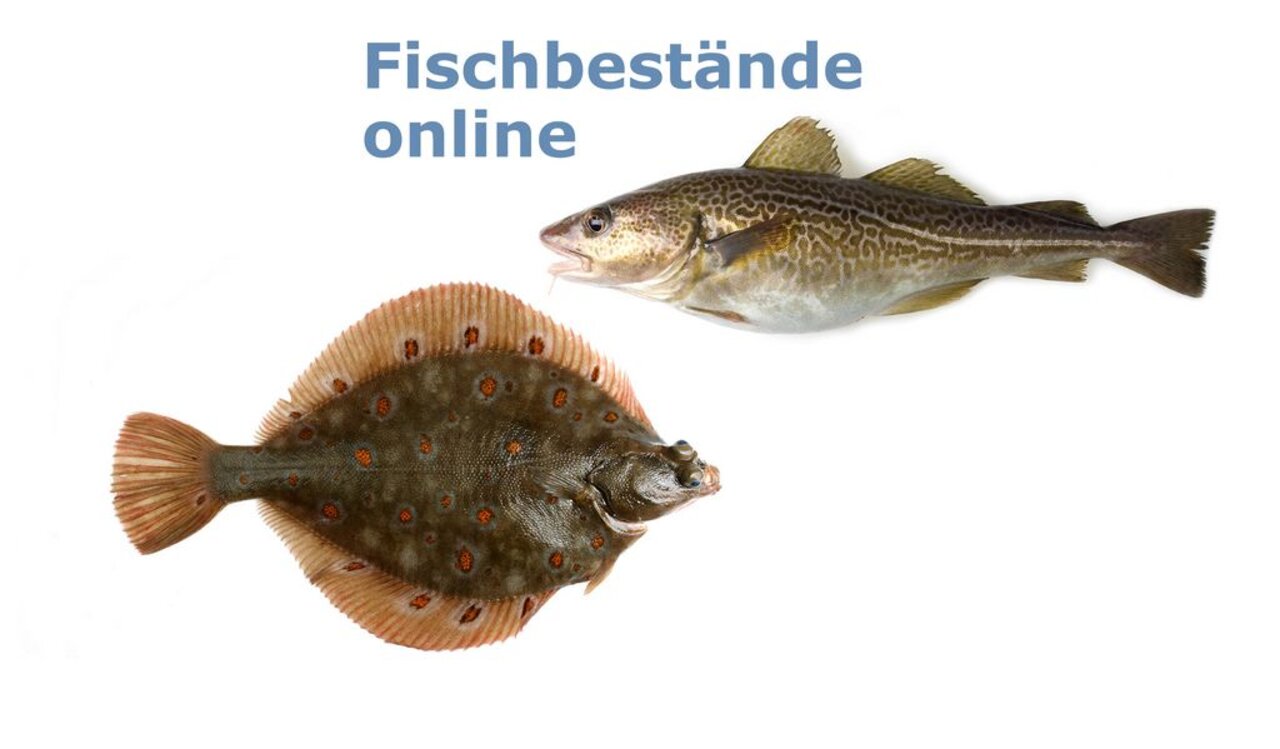
Development and maintenance of an internet presence with the current description of the state of fish stocks (Fischbestände Online, engl.: fish stocks online)
Media and sourcing guides provide contradicting information on the condition of fish stocks. Can a fish dealer still offer North Sea cod without bad conscience? What about the state of herring in the Baltic Sea? Is there any sustainably harvested hake stock available?
Background and Objective
The initiative for the internet database "Fischbestände Online" (engl. fish stocks online) goes back to the "Roundtable Sustainable Fishing" of the Federal Ministry of Food and Agriculture (BMEL). After the more precise definition of fishing areas in late 2008, its members developed the idea of setting up an internet database to represent the stock situation of commercially exploited marine fish stocks. In October 2009 the prototype of "Fischbestände Online" was presented at the food and beverage fair ANUGA in Cologne and in January 2010 the Thünen Institute of Baltic Sea Fisheries was commissioned to build up this database.
On the website "Fischbestände Online" we give up-to-date information on the state of wild marine fish stocks, which are relevant for the German retail market and on all issues which are relevant for their sustainable use. We provide scientifically correct information, brief, understandable and up-to date.
Target Group
The information we provide on "Fischbestände online" is aimed at the general public, but especially at companies in the trade and processing industry. With scientifically correct information, we want to help them to develop their sustainable sourcing policies. Of course, environmental groups, pupils, students and representatives of the press are invited to use the site as a source of information.
Approach
To fill the internet database "Fischbestände Online", we collect information from different scientific data sources around the world. For the state of the fish stocks there is only one source, the so-called stock assessments. These are repeated, depending on the stock, at regular or irregular intervals. In the same cycle we update "Fischbestände Online". In addition to the data on the stock status, we research more information on various aspects of sustainability, such as fisheries management and the environmental impact of fishing. An important source for the fish stocks in the Northeast Atlantic are the stock assessments of the International Council for the Exploration of the Sea (ICES).
Preliminary Results
With the completion of the first project phase in January 2013, we provided information on 155 stocks from 31 fish and crustacean species on „Fischbestände Online“. In addition to regular updates of the existing information, the second phase of the project focused on tuna and small schooling fish. Furthermore, a comprehensive presentation of fishing gears was built up, the nomenclature of which was standardized and in each case aligned with the applicable EU legislation. Also in the third phase, additional species and stock data sheets were compiled in addition to the regularly scheduled updates. For example, market-relevant Pacific species (Pacific cod, Yellowfin sole) and stocks of fishery and/or ecosystem interest (North Sea and Baltic Sea dab) were added. In the fourth project phase, the redesign ("relaunch") of FBO was completed. With Pacific salmon, another species group was added.
In the fifth project phase, additional species and stocks were added (Atlantic wolffish and pikeperch). In addition, further articles were written for the “Facts” section. As of January 31, 2025: 186 stocks from 47 fish and crustacean species are presented.
First project phase Feb. 2010 - Jan. 2013 (pdf, 659 KB, in German)
Second project phase Feb. 2013 - Jan. 2016 (pdf, 460 KB, in German)
Third project phase Feb. 2016 - Jan. 2019 (pdf, 590 KB, in German)
Fourth project phase Feb. 2019 - Jan. 2022 (pdf, 383 KB, in German)
Fifth project phase Feb. 2022 - Jan. 2025 (pdf, 294 KB, in German)
Links and Downloads
Thünen-Contact
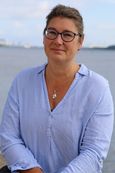
Involved Thünen-Partners
Duration
2.2010 - 8.2030
More Information
Project status:
ongoing
Funding 2010 to 2025
For the project duration Feb. 2010 - Jan. 2025: Bundesverband der deutschen Fischindustrie und des Fischgroßhandels e.V. / Fisch-Informationszentrum e.V. and Bundesverband des Deutschen Lebensmittelhandels e.V.
For individual project phases: Deutscher Hochseefischerei-Verband e.V., Verband der deutschen Kutter- und Küstenfischerei e.V., Doggerbank Seefischerei GmbH, Erzeugergemeinschaft der Nord- und Ostseefischer, Cuxhaven, Deutsche Fischfang-Union GmbH & Co. KG, Waren-Verein der Hamburger Börse e.V.
Publications
- 0
Barz K (2024) Aquakultur überholt den Wildfang. Fischmag(12):34-39
- 1
Barz K (2024) FAO: Aquakultur überholt erstmalig Fangfischerei [FAO: Aquaculture overtakes capture fisheries for the first time] [online]. Welternährung Klima & Ressourcen(08/2024), zu finden in <https://www.welthungerhilfe.de/welternaehrung/rubriken/klima-ressourcen/weltfischbericht-aquakultur-ueberholt-fang-fischerei> [zitiert am 26.11.2024]
- 2
Barz K, Zimmermann C (2024) Zustand der Kabeljaubestände im Nordost-Atlantik. In: Deutscher Angelfischerverband (ed) Fisch des Jahres 2024: Der Dorsch oder Kabeljau (Gadus morhua). Berlin: Deutscher Angelfischerverband eV, pp 45-56
- 3
Barz K, Gröhsler T, Zimmermann C (2013) Zustand und Entwicklung ausgewählter Fischbestände in der Ostsee: der ICES-Advice für 2014. Fischerei Fischmarkt MV 13(3):44-49
- 4
Barz K, Zimmermann C (2010) I like your tone: communicating with non-scientists. ICES Insight(47):32-35

![[Translate to English:] [Translate to English:]](/media/_processed_/d/7/csm_Startseite-OF_03_c0dfd6e750.png)
![[Translate to English:] [Translate to English:]](/media/_processed_/a/3/csm_20181116-151457-Stella-Jerome-Fischfalle-Warnem%C3%BCnde-Dorsche-im-Netzk%C3%A4fig-5691_heller_3050c72fa2.png)

